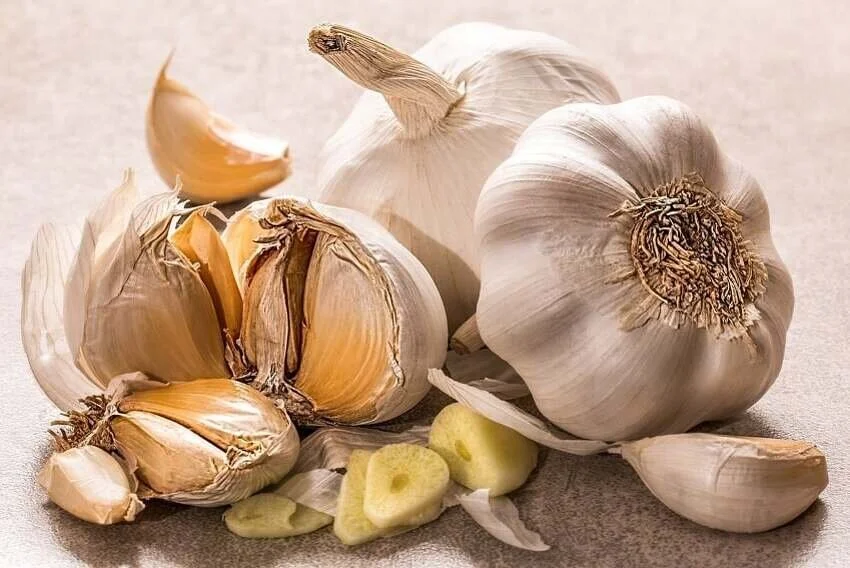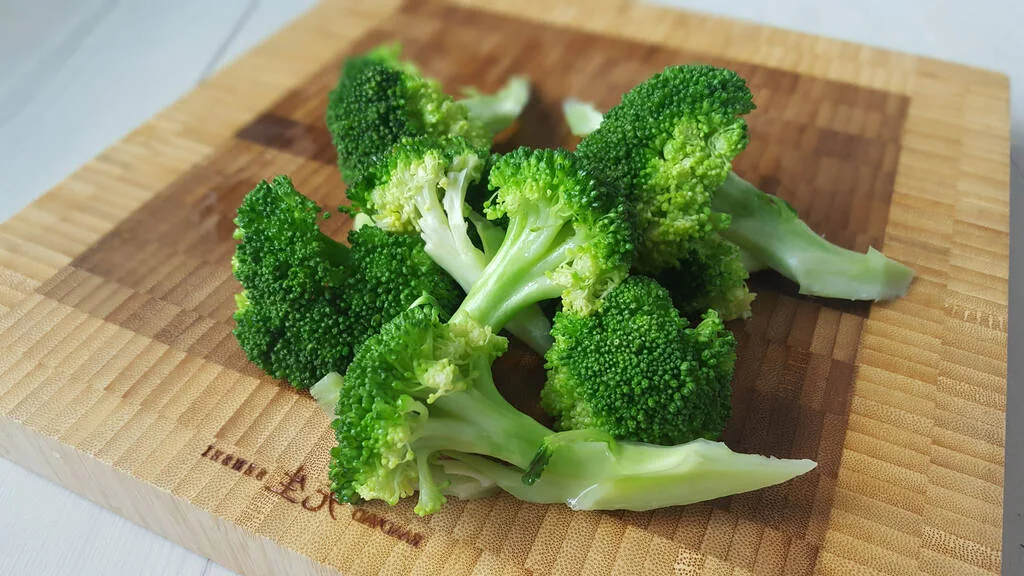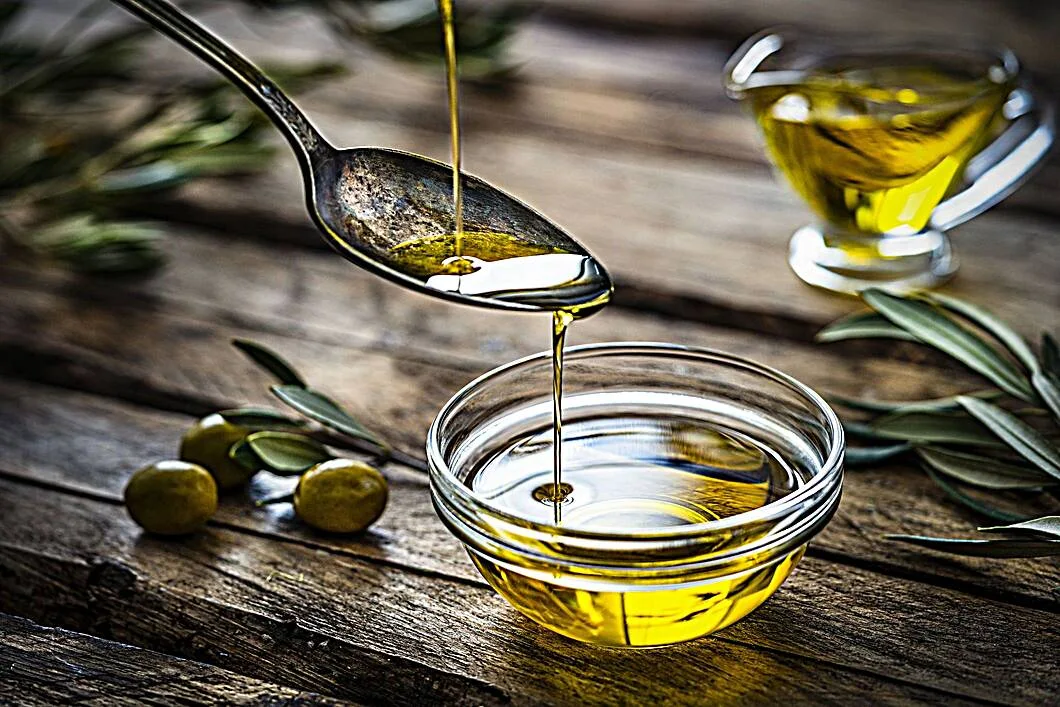8 Foods That Help Relieve Joint Inflammation
Joint inflammation can result from arthritis, injuries, or other health conditions. Eating the right foods may help reduce inflammation, relieve pain, and promote healthier joints. Below, we explore eight foods that are especially beneficial.
1. Garlic

Garlic contains sulfur compounds that support cartilage repair and have anti-inflammatory effects. Including garlic in your meals may help manage joint discomfort and improve overall health.
2. Green Tea

Rich in antioxidants, green tea may help reduce inflammation and support joint health. Drinking two servings daily, hot or cold, is recommended for best results.
3. Fatty Fish

Salmon, trout, and other fatty fish are high in omega-3 fatty acids, which help reduce inflammation. Aim to eat fish 2–4 times per week to support joint health.
4. Ginger and Turmeric

Both ginger and turmeric are known for their anti-inflammatory compounds. Adding small amounts to meals or drinks can provide mild relief and flavor.
5. Broccoli

Broccoli contains glucosinolates, compounds that help reduce inflammation. Lightly steaming it preserves nutrients while being gentle on digestion.
6. Walnuts

Walnuts are high in plant-based omega-3s (alpha-linolenic acid) and can help reduce inflammation. Regular consumption may support joint function and overall health.
7. Berries

Berries, such as strawberries, blueberries, and blackberries, contain anthocyanidins that support collagen production and help reduce joint inflammation.
8. Olive Oil

Olive oil, a staple of the Mediterranean diet, contains compounds that may reduce joint pain and support healthy inflammation levels.
Foods to Limit

- Fried foods
- Refined carbs (white bread, pastries, sugary cereals)
- Dairy (for those sensitive)
- Soda
- Fatty meats
- Alcohol
- Sugar
- Saturated and trans fats
These foods can increase inflammation in the body and may worsen joint discomfort.
Frequently Asked Questions (FAQ) about Joint Health and Anti-Inflammatory Foods
Can diet alone cure joint inflammation?
Diet can help reduce inflammation and support joint health, but it usually works best alongside medical treatment, exercise, and lifestyle changes.
How much fatty fish should I eat weekly?
Aim for 2–4 servings of fatty fish per week to benefit from anti-inflammatory omega-3s.
Are spices like turmeric and ginger safe daily?
Yes, small amounts of turmeric or ginger added to meals or beverages are generally safe for most people and can support joint health.
Which foods should I avoid to reduce joint inflammation?
Fried foods, refined carbs, sugary drinks, fatty meats, alcohol, and foods high in saturated and trans fats can increase inflammation and worsen joint discomfort.
Do berries really help with joint health?
Yes, berries are rich in antioxidants that may help reduce inflammation and support collagen production, which is essential for healthy joints.
References
- Anti-inflammatory foods for arthritis — Arthritis Foundation
- Berries rich in antioxidants reduce inflammation — Arthritis Australia
- Garlic and ginger anti-inflammatory properties — NDTV Health
- Green tea, olive oil, and joint health — Times of India
- Walnuts and plant Omega-3 fats for inflammation — IRT
- Olive oil and anti-inflammatory effects — Keith Schroeder MD
- Broccoli and sulforaphane for joint health — Wittenberg University
Comments